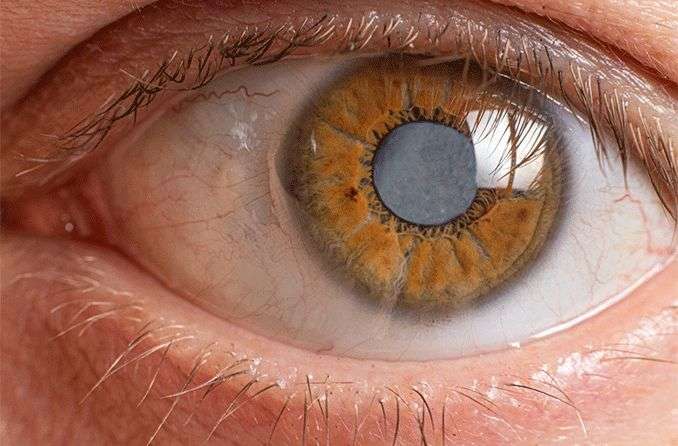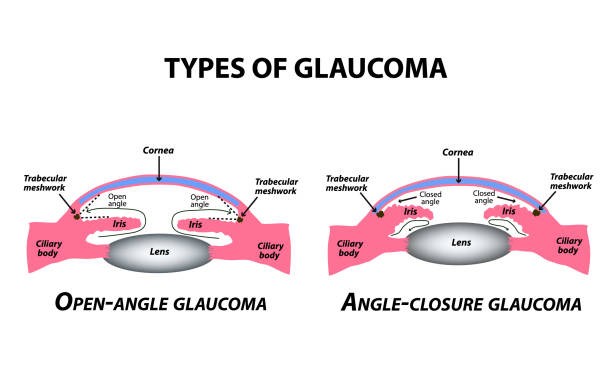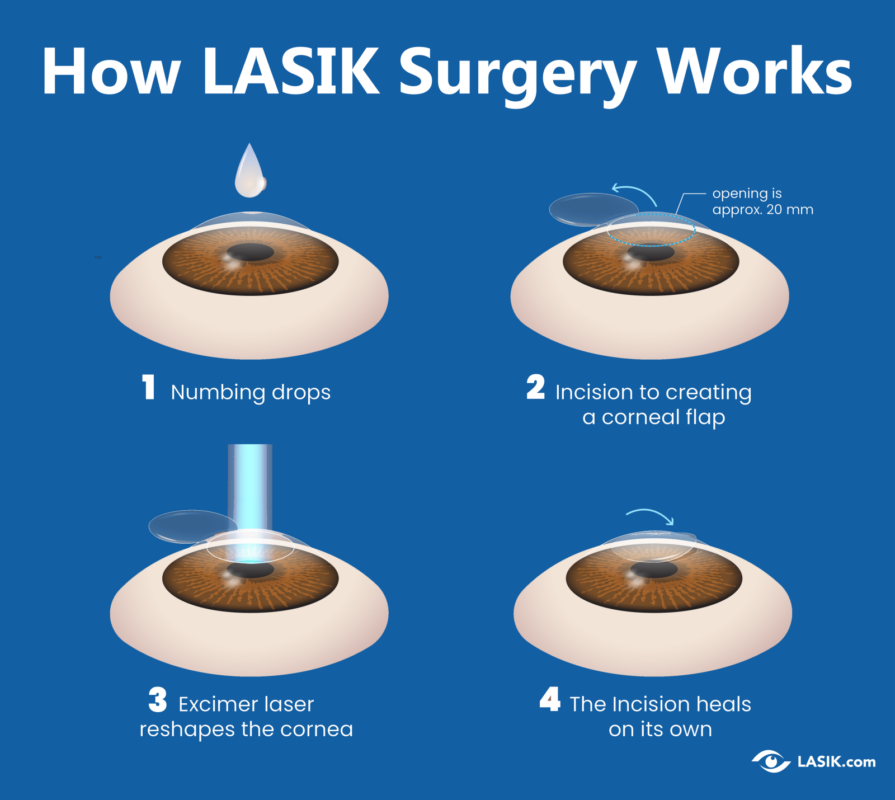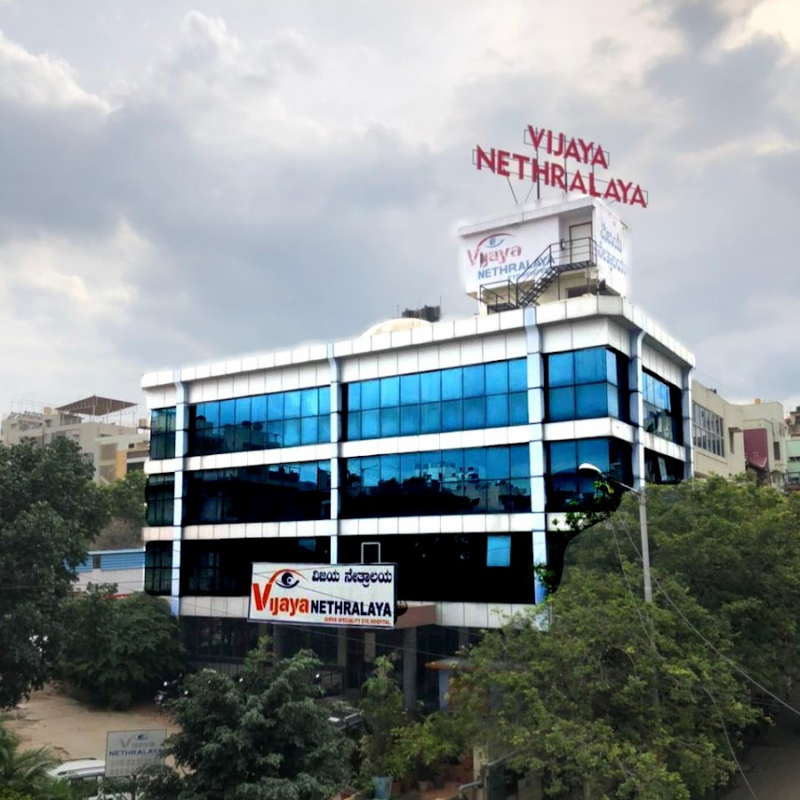Glaucoma surgery is performed to treat and manage the increased intraocular pressure that is characteristic of glaucoma. While these surgeries can be effective in controlling the disease and preventing further damage to the optic nerve, also Glaucoma Surgery Side Effects. It’s important to note that not everyone will experience these side effects, and their severity can vary.

Some common Glaucoma Surgery Side Effects include:
- Vision Changes: Some patients may experience temporary or permanent changes in their vision. These changes could include blurred vision, decreased night vision, or tough focusing.
- Eye Irritation and Discomfort: After surgery, it’s common to experience some degree of eye irritation, itching, or discomfort. This usually subsides as the eye heals.
- Infection: Any surgical procedure carries a risk of infection. Following proper post-operative care and using prescribed eye drops can help reduce this risk.
- Swelling and Inflammation: Swelling of the eye are typical after surgery, but they usually resolve within a few weeks.
- Bleeding: There might be minor bleeding in the eye after surgery. This is generally self-limiting and shouldn’t cause significant issues.
- Elevated Intraocular Pressure: While the goal of glaucoma surgery is to lower intraocular pressure, in some cases, it might lead to low or high pressure. Close monitoring and follow-up appointments are important to ensure proper pressure management.
- Cataract Formation: In some cases, glaucoma surgery can accelerate the development of cataracts, which cloud the lens of the eye and affect vision. This might require additional surgery to remove the cataract.

- Corneal Issues: Procedures that involve incisions or manipulation of the cornea could lead to corneal edema (swelling) or other corneal issues.
- Hyphema: This is the accumulation of blood in the anterior chamber of the eye and can occur after surgery. It usually resolves on its own, but it might affect vision temporarily.
- Persistent Redness: The eye may remain red for a while after surgery due to blood vessel dilation.
- Endophthalmitis: While rare, there’s a risk of a severe eye infection called endophthalmitis after any eye surgery. It requires immediate medical attention.
Conclusion:
It’s important to discuss the potential risks and benefits of glaucoma surgery with your docter. They can provide you with more information specific to your situation and help you make an informed decision about your treatment options.











